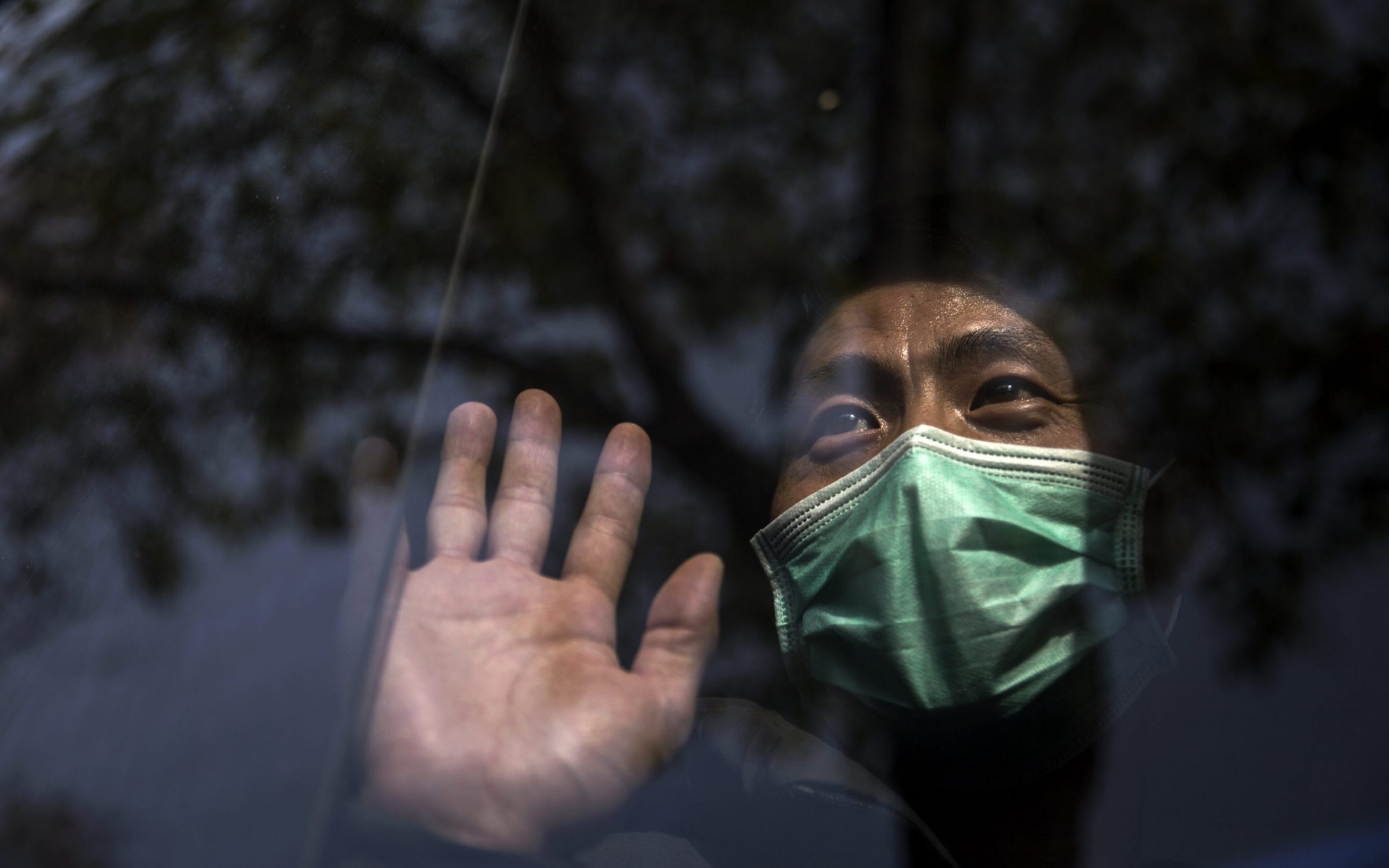Britons have come to accept isolation. As lockdown drags towards its third month, households remain cut off from each other, subject to the rules of social distancing and the fear of a deadly disease. Whatever the medical necessities, it is an unnatural and ahistorical way of being for most.
For the bulk of human history, isolation was rare and terrible. The word itself is unrecorded before the 19th century. Before then, we lacked the wealth or the infrastructure to support loneliness. Housing was cramped and often multi-generational, multi-family. Work was largely the same, and it was almost impossible to survive without constant interaction with others. Isolation was anomalous, and usually abhorrent.
For the ancients, isolation was deemed amongst the worst of all punishments. To be exiled was more than simply to have your liberty curtailed. Banishment was designed to punish more deeply than imprisonment or even death, it was to cut one off from civilisation. The threat of exile drove Medea to a murderous rage, whilst Ovid’s unknown crimen saw him banished to the edges of the Roman Empire. A displeased emperor exiled him so that his entire soul would suffer: a lover of language cast out amongst those who did not speak Latin, an insatiable gossip removed from all courtly intrigue.
The use of exile and banishment extended beyond antiquity. Britain found Australia as a useful home for criminals deemed unfit to live amongst civilised society. Pirates would maroon disloyal crewmen, the abandonment designed to bring on a torturous death. Both the Imperial Court and the Soviet Union found Russia’s internal wastelands the perfect place to send dissidents and troublemakers.
Again, this was designed as a greater punishment than any local confinement, or even a swift death, could provide. It was about forcing them to live apart from ordinary humanity. Solzhenitsyn noted the difference in the soviet system between those exiled for life and those banished for perpetuity – the latter symbolically prevented from even being buried where they came from.
The punishing nature of isolation has made it an act of religious penance. For many faiths, cutting oneself off from society is seen as an ascetic proof of dedication. It is akin to going without food and water. The early church was marked by pious men closing themselves off in remote seclusion, while silent and closed orders, where interaction with the outside world is forbidden, remain in place. A curious exception, however, is Islam, where monasticism is proscribed as a self-consciously pious indulgence, an over-the-top performance of self-deprivation.
In literature too, isolation has been something unnatural and damming. Ophelia is Shakespeare’s only character to speak of loneliness, she drowns herself soon after. Huysman’s Jean des Esseintes is driven almost to death by his self-imposed exile in the French countryside, whilst loneliness is the ultimate curse of Frankenstein’s monster. Donne reminds us that “no man is an island”, whilst Beckett’s Trilogy explores the unravelling which comes of an isolated life.
The isolation we now find ourselves in is unlike almost anything experienced by our predecessors. Already the western world had a greater proportion of single-person households than any previous civilisation, and with it a worrying epidemic of loneliness. The lockdown has compounded this, with an unprecedented cleaving apart of households and families.
There is perhaps only one thing akin to it – the strange fate of families caught in Albania’s blood feuds or gjakmarrja. Under the country’s historic social code, those who are murdered must be avenged, by taking the life of the perpetrator or a family member. Such vendettas are still pressed and can be passed through generations. Yet it is forbidden to strike at someone in their own home, so families who fear retribution remain there. It is a deathly threat no vaccine can eradicate, and people stay locked at home for decades, with the state now sending teachers and doctors into their homes for them.
As the weeks of lockdown pass by, the promising of easing so far proving illusory, our unnatural existence extends like the unrelenting gjakmarrja. We are subject to the same cutting off which ancient monks embraced and ancient poets feared. Whatever the comforts of our individual situation, we remain deprived of interactions we once took for granted, with our friends, family and wider society.
The government states that it will be guided by the science. But perhaps a thought should be spared for history and literature, which shows us how punishing isolation can be.




